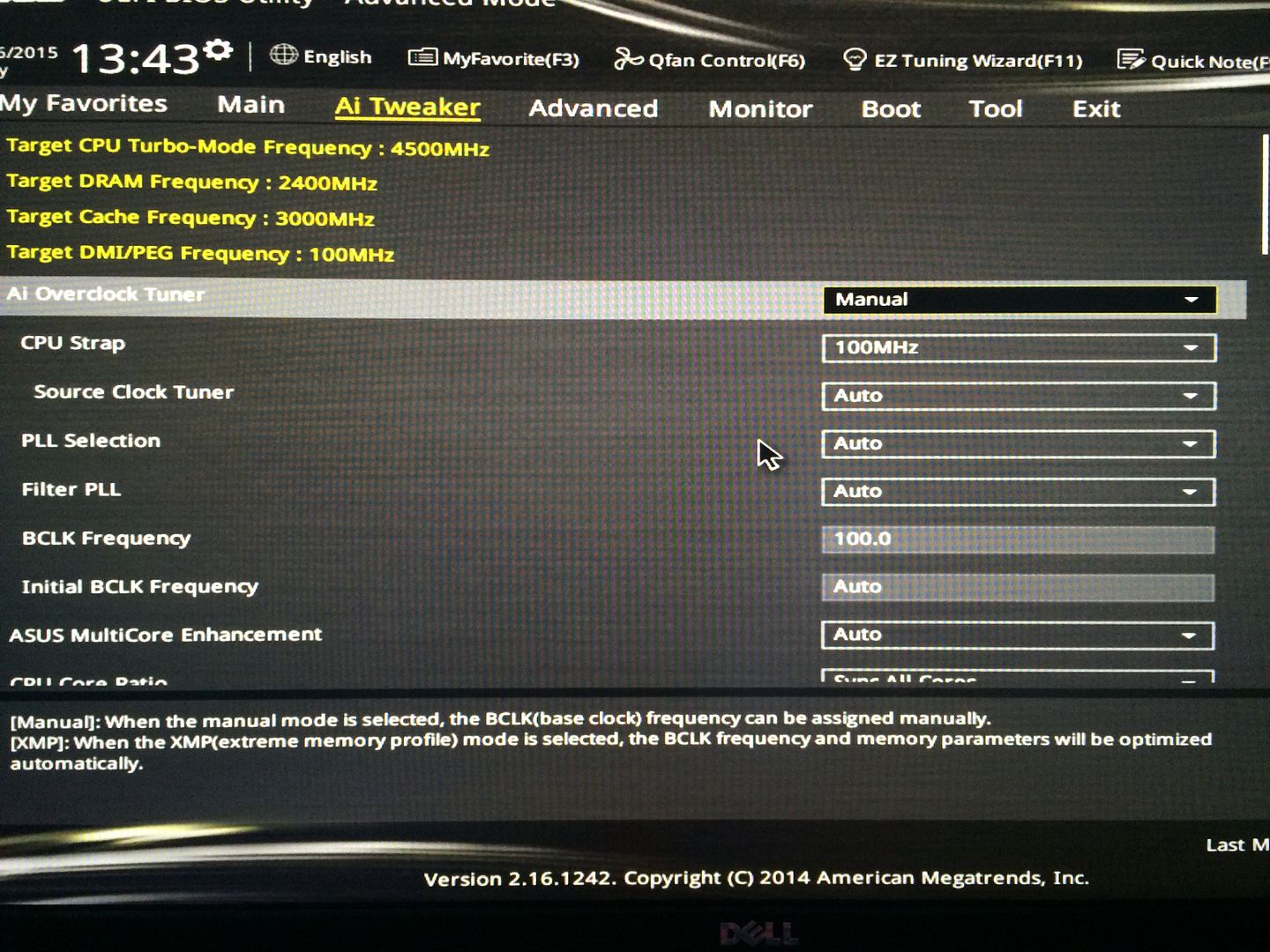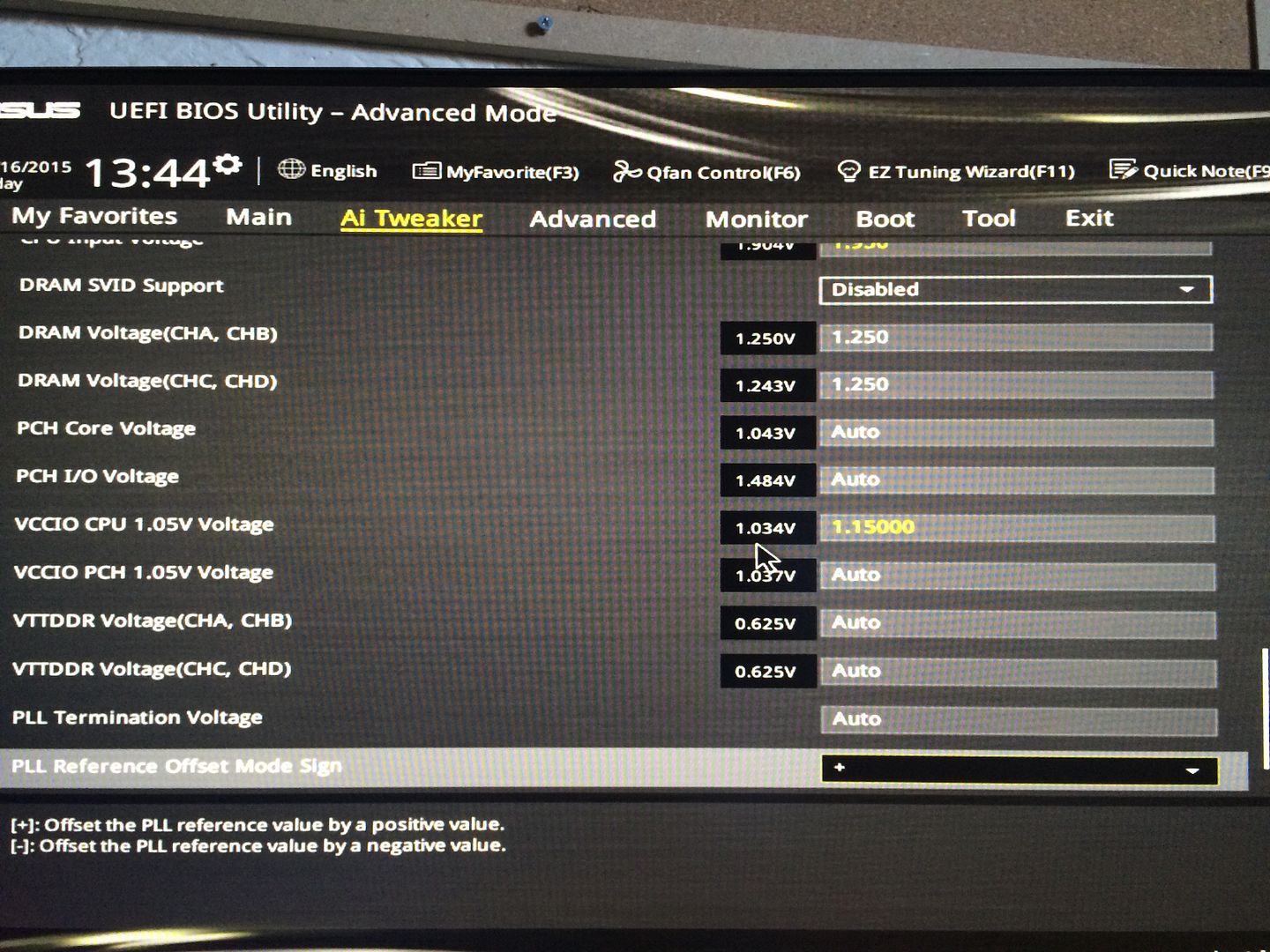Associate
- Joined
- 13 Dec 2014
- Posts
- 146
well glad to see that 80 is all good .. Id like water cooling but its going to cost a lot to only get a few more Hz
Not sure why my core 3 is more but think it might be worth doing the thermal stuff again to see if I can change that.
Not sure why my core 3 is more but think it might be worth doing the thermal stuff again to see if I can change that.









